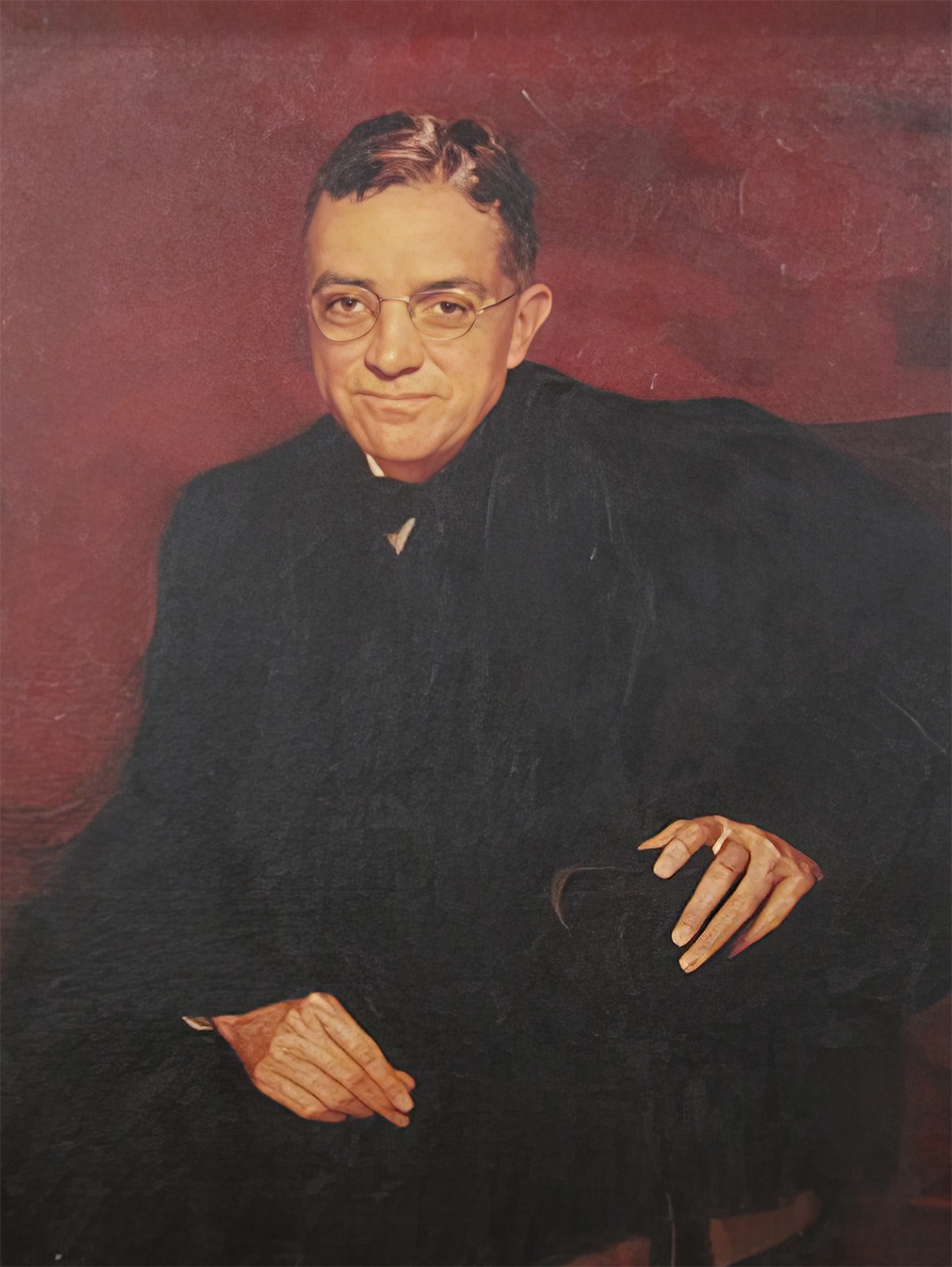RESOURCES
PEOPLE
Judge Albert V. Bryan Sr.
1899-1984
Albert Bryan was a prominent federal judge whose rulings were central to the legal battles over civil rights and school desegregation in Virginia. Born and raised in Alexandria, Virginia, Bryan conducted his early legal practice there before attending the University of Virginia School of Law. In 1947, he was appointed by President Harry S. Truman to the United States District Court for the Eastern District of Virginia, and later elevated to the United States Court of Appeals for the Fourth Circuit.
Known for his conservative but pragmatic legal philosophy, Judge Bryan became a key figure in the judicial response to Virginia’s efforts to resist the Supreme Court’s landmark decision in Brown v. Board of Education (1954). He presided over numerous pivotal cases that dealt with the state’s “Massive Resistance” strategy, which aimed to block school desegregation by any means possible, including the closure of public schools.
One of the most consequential and controversial cases he was involved in centered on Prince Edward County, Virginia—one of the five jurisdictions included in the original Brown case. After Brown II (1955) ordered desegregation “with all deliberate speed,” Prince Edward County chose to close its entire public school system in 1959 rather than integrate. White students were able to attend the private, segregated Prince Edward Academy using public tuition grants and tax-supported resources. Black students, by contrast, were left with no public or private educational alternatives for five years.
Initially cautious and favoring a gradual approach to desegregation, Bryan became increasingly critical of the overt defiance of constitutional mandates. In 1961, he ruled that the closure of public schools in Prince Edward County was unconstitutional under the Equal Protection Clause of the 14th Amendment. His decision laid the foundation for the landmark Supreme Court case Griffin v. County School Board of Prince Edward County (1964).
In a unanimous decision authored by Chief Justice Earl Warren, the Supreme Court ruled that Prince Edward County’s actions—shutting down public schools while supporting segregated private institutions—violated the Constitution. The Court stated that “the time for mere ‘deliberate speed’ has run out,” and ordered the county to reopen its public schools on a non-discriminatory basis. The Griffin ruling was a pivotal blow to Massive Resistance and reaffirmed the federal government’s authority to enforce civil rights.
Prince Edward County reopened its public schools in the fall of 1964, marking the end of one of the most extreme episodes of resistance to desegregation in American history. The Griffin decision also galvanized public support for broader civil rights legislation, contributing to the passage of the Civil Rights Act of 1964. His contributions were commemorated by the naming of the Albert V. Bryan United States Courthouse in Alexandria.
